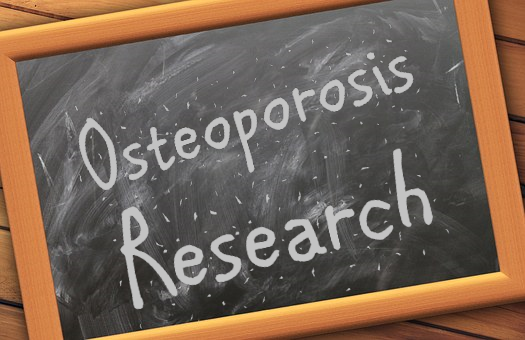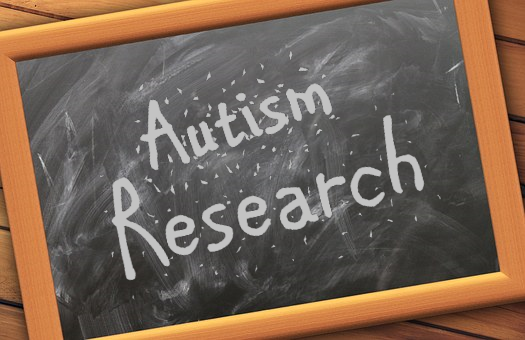Recent Categories
- ADD/ADHD-Attention Deficit Disorder/Attention Deficit Hyperactivity Disorder
- ALS-Amyotrophic lateral sclerosis
- Alzheimer's Disease
- Anorexia
- Anxiety Disorders (including Panic Attacks and Phobias)
- Arthritis/Inflammation
- Asthma
- Autism
- Blood Pressure (Hypertension)
- Brain Cancer
- Breast Cancer
- Broken Bones
- Cancer
- Chemotherapy Side Effects
- Huntington Disease
- Leukemia
- Liver Cancer
- Lung Cancer
- Medical Conditions
- Osteoarthritis
- Osteoporosis
- Parkinson's Disease
- Prostate
- Stomach Cancer
Recent Posts
Post Archive
Catogery Tags
Connect With Us
-
Cannabis & Breast Cancer-2015 Nov
In 2015, MassRoots – Does Cannabis Treat Breast Cancer? BACKGROUND: Treating the core disease of breast cancer by inhibiting the ability of cancer cells to spread or simply killing them, cannabis is an undisputed benefit in terms of decreasing the negative side effects of the disease and its treatment. You can read the full article here…
-
Huntington’s Disease Study-2017 Sep
In 2017, New Study Says Eating Raw Weed Protects Against Brain Diseases BACKGROUND: THCA is actually the non-psychoactive cannabinoid that later converts to THC when decarbed via smoking, vaporization or when cooked, and as it turns out, it’s pretty powerful in its own right. You can read the full article here => https://herb.co/marijuana/news/raw-weed-benefits
-
Breast Cancer Research-2010 July
In 2010, Cannabinoids reduce ErbB2-driven breast cancer progression through Akt inhibition BACKGROUND: Used a genetically engineered animal model of ErbB2-driven metastatic breast cancer (the MMTV-neu mouse) to analyze the antitumoral potential of cannabinoids in this particularly aggressive pathology. You can read the full article here => https://molecular-cancer.biomedcentral.com/articles/10.1186/1476-4598-9-196
-
Breast Cancer Study-2015 Nov
In 2015, Cannabidiol (CBD) Kills Breast Cancer Cells BACKGROUND: Analyzed the effects of the Cannabis sativaconstituent, cannabidiol (CBD), a potent, natural compound with reported activity in breast cancer cell lines, and elucidated its effects on key neoplastic pathways. You can read the full article here => http://reset.me/study/study-cannabidiol-cbd-kills-breast-cancer-cells/#.WWD-mUqtO_Q.twitter
-

Osteoporosis Research-2009
In 2009, Cannabinoids and the skeleton: From marijuana to reversal of bone loss BACKGROUND: Low bone mass is the only spontaneous phenotype so far reported in CB2 mutant mice, it appears that the main physiologic involvement of CB2 is associated with maintaining bone remodeling at balance, thus protecting the skeleton against age-related bone loss. Indeed, in…
-

Cannabis & Bone Health Research-2015 May
In 2015, Cannabidiol, a Major Non-Psychotropic Cannabis Constituent Enhances Fracture Healing and Stimulates Lysyl Hydroxylase Activity in Osteoblasts BACKGROUND: 1 we tested the effects of individually administered THC or CBD on the structural and mechanical properties of fracture healing. In experiment 2 we analyzed the effect of a mixture of equal amounts of CBD and THC…
-

Blood Pressure Study-2017 Jun
In 2017, CBD Administration Reduces Blood Pressure BACKGROUND: assessed the effects of a single oral dose of 600 mg of CBD extract versus placebo in nine male subjects. You can read the full article here => http://norml.org/news/2017/06/22/study-cbd-administration-reduces-blood-pressure
-
Alzheimer’s Research-2017 Nov
In 2017, Cannabinoid Receptor 2 Signaling in Neurodegenerative Disorders: From Pathogenesis to a Promising Therapeutic Target BACKGROUND: review the role of eCB system in two chronic neurodegenerative diseases, in which the neuroprotective effects following CB receptors modulation have been reported in different studies. Specifically, we will focus on the role of CB2 receptors and their agonists, as…
-
Alzheimer’s Research-2004 Feb
In 2004, Neuroprotective effect of cannabidiol, a non‐psychoactive component from Cannabis sativa, on β‐amyloid‐induced toxicity in PC12 cells BACKGROUND: The aim of the present study is to evaluate the possible neuroprotective effect of cannabidiol on β‐amyloid‐induced neurotoxicity. For this purpose we evaluated the effect of cannabidiol on cell viability, reactive oxygen species (ROS) formation and membrane lipoperoxidation,…
-

Autism Research-2011 Mar
In 2011, Consequences of Cannabinoid and Monoaminergic System Disruption in a Mouse Model of Autism Spectrum Disorders BACKGROUND: Goal of this study, was to use the mouse model to determine the role if any of the endocannabinoid system in autism. This was accomplished using the BTBR T+tf/J mice with autism-like behavioral phenotypes. The behavioral, morphological and…


